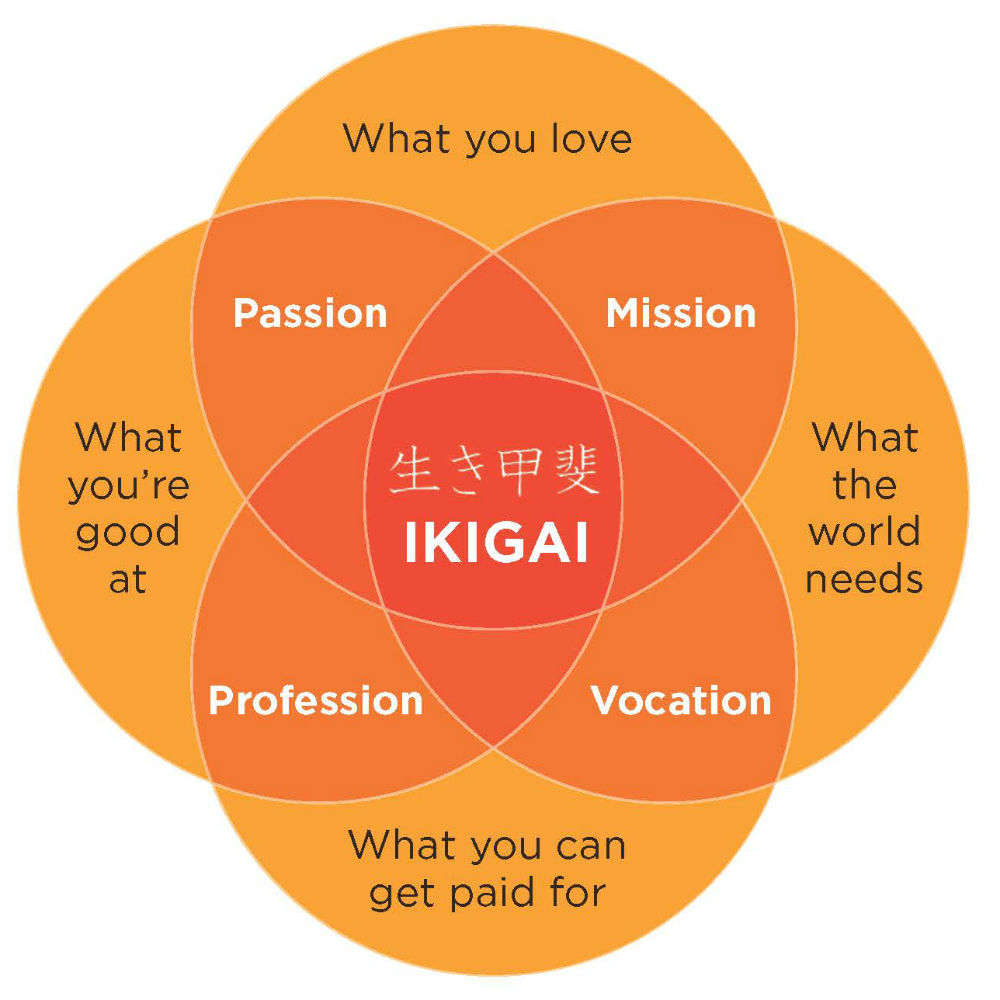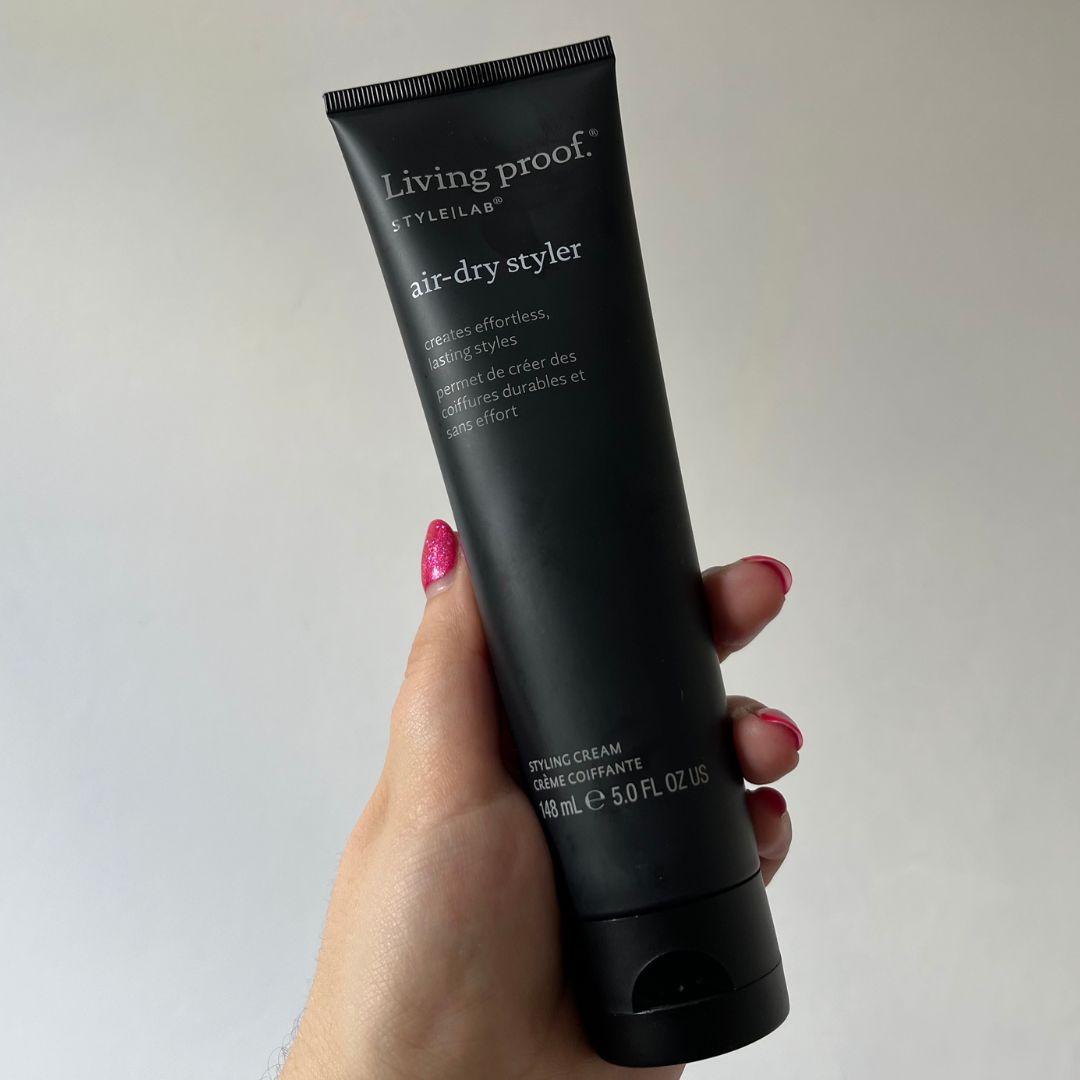What is ikigai and how can it help you find your purpose in life?
Move over hygge!


Move over hygge!
Ikigai is the ancient Japanese philosophy for life that's about to go mainstream in a big way. And it could give you a whole new reason to get up in the mornings (even on Mondays).
The Scandis may have given us hygge and lagom, but now its time to make way for the ancient Japanese philosophy of Ikigai. Meaning ‘to live with reason,’ the concept ‘gives your life a purpose, while giving you the grit to carry on,’ says Ken Mogi, author of new title, The Little Book of Ikigai (Quercus, £9.99), which promises to help us all unlock our inner ikigai. ‘It’s about discovering and appreciating life’s pleasures that have meaning for you,’ adds Mogi. And for once, it's totally achievable.
Ikigai is anything that brings you joy - that first cup of tea of the day, walking the dog, mastering a new yoga move - and, crucially, it debunks the age-old notion that we should all be striving for bigger and better - the top job with the generous salary, that dream home, the perfect relationship, living our BEST LIFE EVER. Which frankly was exhausting, anyway. Instead, ikigai is about finding happiness and fulfilment in the small, mundane stuff. Here’s how to find your own ikigai and bounce out of bed every Monday...
What is Ikigai?
Ikigai is loosely translated as 'your purpose in life', from the Japanese iki (to live) and gai (reason). And for too long the western definition of success has been limited to big end-goals. ‘It’s in our nature to think in terms of winners and losers; leaders and followers,’ says Mogi. ‘That’s why we’ve made progress as a species, and why we might someday race to our own destruction. Ikigai is small-scale, patient, mundane and long-sighted.’ It's about shifting our mindset and accepting we can’t always be on top, and that’s OK. It's also worth remembering in these shouty times of Insta-bragging and status updating, that if we still feel the competitive need to race ahead, slow and steady usually wins the day. As Mogi says, 'You don't have to blow your own trumpet to be heard. You can just whisper, sometimes to yourself.'
What are the key pillars of Ikigai?
There are five pillars that underpin the foundations of ikigai, and they are: Starting small, releasing yourself, harmony and sustainability, the joy of little things, and being in the here and now. Master those and you're well on your way to nailing ikigai. As the lines between work and play become ever more blurred, its worth knowing that ikigai is where your job and your passions meet. Essentially, it's the sweet spot where you fall in love with your job, over and over again.

Ikigai for beginners
1 Start a morning ritual Research has proven that morning is our best time for productivity, so tackle major tasks early on. ‘Getting up early makes economic sense,’ says Mogi. ‘The brain is in a refreshed state, ready to absorb new information.’ More of a night owl? Mogi suggests making a habit of doing something you love as soon as you get up, be it tucking into coffee and a croissant or reading. ‘Dopamine will be released in your brain, reinforcing the action (getting up) prior to the receipt of your reward (coffee and a croissant).’
Marie Claire Newsletter
Celebrity news, beauty, fashion advice, and fascinating features, delivered straight to your inbox!
2 Banish the word ‘fine’ Translated as ‘commitment’, kodawari is key to ikigai. ‘Kodawari is taking care of small details,’ explains Mogi. ‘The Japanese way is to overachieve without expectation of reward.’ In other words, it’s the little things that have the greatest impact. ‘Having high standards will not only make you happier, but other people’s admiration will follow, too.’
3 Live in the moment Mindfulness is essential, says Mogi. ‘A child has no definite idea of the past or future. Their happiness resides in the present. It would be wonderful to maintain this throughout life.’ Instead of tackling your day on autopilot, stop to notice what you’re working on and appreciate what you enjoy about it. ‘Flow is a state in which people are so involved in an activity that nothing else matters; switch work from being something to be endured and enjoy the process.’
4 Find your happy hobby It can be hard to find joy in our jobs but, if quitting isn’t an option, look beyond work. ‘Ikigai doesn’t have to be associated with professional life,’ says Mogi. ‘Satisfaction comes from creating something from start to finish.’ So, even if it’s mastering a yoga move, a new project can help channel your ikigai.
You won't find your ikigai by...
- Writing a to-do list. Instead, make a mental list of what you love most about what you're doing RIGHT NOW. This very second.
- Taking a picture of your avo on toast and running it through an early bird filter because: #brunch. Just eat it, taste it and enjoy it.
- Being pass-ag about all the reasons you hate your job. Be glad you've got a job that enables you to afford holidays/ shoes/ food [delete as applicable] or get a new one.
- Instagramming pictures of your dog. Try taking him for a walk instead.
- Three-screening your way through Great British Bake Off. Put the phone down, watch the TV and you can catch up on what everyone's saying about it later.
- Do the one thing you love as soon as you wake up in the morning - good coffee, great sex, long bath, short run - whatever floats your boat will set you up for good ikigai all day.
-
 Jonathan Anderson is going to Dior Men
Jonathan Anderson is going to Dior MenHis debut collection will be this June
By Mischa Anouk Smith
-
 I'm a 2025 bride and these are the best affordable wedding dresses I've found
I'm a 2025 bride and these are the best affordable wedding dresses I've foundLess than £1,000 but still the height of chic
By Sofia Piza
-
 I haven't worn my hair completely natural for years, but this air-dry styling cream has made me love my waves again
I haven't worn my hair completely natural for years, but this air-dry styling cream has made me love my waves againI will never be without this
By Amelia Yeomans